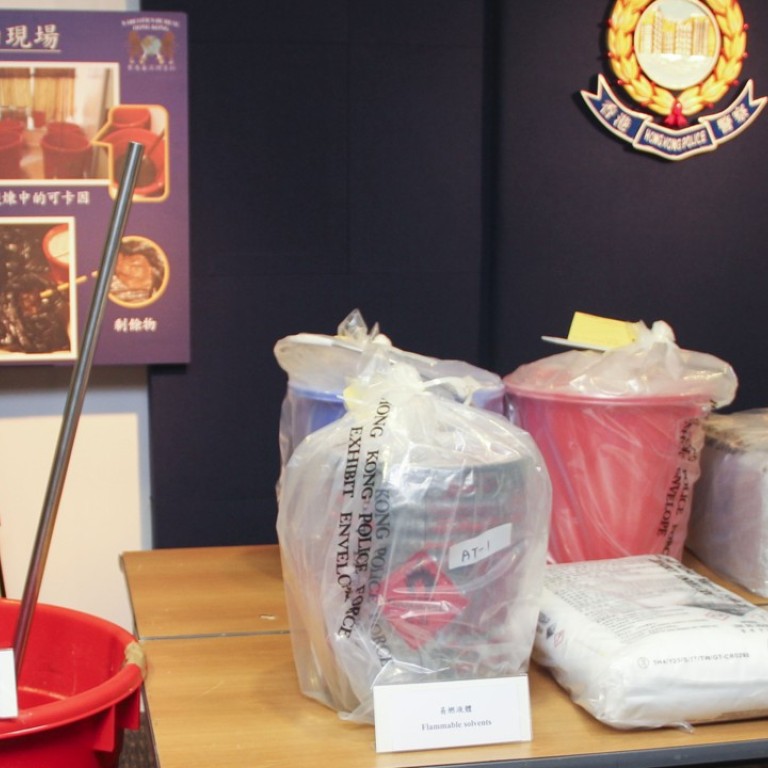
Caring parents can help to curb youth drug abuse in Hong Kong
Drug prevention education is badly needed for parents in combating the trend of hidden youth drug abuse.
Despite a gradual improvement in the local drug situation, as suggested by official figures, the amount of cannabis seized by police skyrocketed 238 per cent in the first 10 months of 2017 when one in seven arrested for possession was aged 20 or below.
There is a growing trend of cannabis abuse among young people. According to figures released by the Narcotics Division for the first three quarters of 2017, cannabis has surpassed ketamine to become the third most popular psychotropic drug among reported abusers under 21. Of the 295 cannabis abusers reported, 91 of them were under 21, up from 74 last year.
The latest statistics also revealed that over 70 per cent of the drug abusers aged below 21 had used drugs at home or at their friends’ places. In fact, close to 50 per cent of these young abusers chose to use drugs at home settings only. Yet, the drug history of newly reported abusers has continued to remain high. Drug abusers had taken drugs for about four years on average before their cases were reported.
The hidden nature of drug abuse poses challenges to the early identification of young drug abusers which could lead to serious and irreversible damage to their health. To reverse this worrying trend, parents have an indispensable role to play. As so many young people used drugs at home settings, further abuse can be stopped if parents possess the skills to detect signs of drug abuse early. Specialists in crime prevention have also noted that many young people first tried drugs in the early years of secondary school, when teenagers would most easily succumb to peer pressure. Caring parents are in the best position to share with their children the importance of withstanding peer pressure and saying “no” to drugs.
Life Education Activity Programme (LEAP) recognises the importance of parents’ participation in anti-drug abuse and has been offering a unique, well-structured and acclaimed parent programme since 2006, empowering parents not only to communicate effectively with their children but also identify signs of substance abuse for early detection of the problem.
Meanwhile, LEAP’s secondary programme helps students understand the physical and legal consequences of using drugs, and equips them with the skills to say “no” to drug temptations.
Heidi Lau, executive director, Life Education Activity Programme

